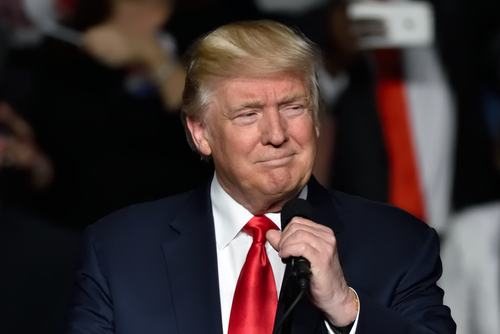Iran’s leadership is facing internal turmoil following a major Israeli airstrike on Hezbollah’s Secretary General, Hassan Nasrallah, which has reportedly left the group in disarray.
Iran’s Supreme Leader, Ayatollah Ali Khamenei, convened an emergency session of the Supreme National Security Council late Friday night. The meeting, held at his home compound, was called in response to Israel’s airstrike on an underground facility in Beirut, where Nasrallah, the head of the Iranian-backed militant group Hezbollah, was believed to be present.
This emergency gathering marks the first such council meeting since the assassination of Hamas leader Ismail Haniyeh in Tehran on July 31. Khamenei’s swift action highlights the gravity of the situation for Iran, a key backer of Hezbollah.
Israeli intelligence agencies are working to verify reports that Nasrallah was killed in the strike. While initial assessments point to his likely death, confirmation is pending. Alongside Nasrallah, several senior Hezbollah figures and possibly members of Iran’s Islamic Revolutionary Guard Corps were also thought to have perished in the attack.
The strike has thrown Hezbollah into apparent disarray. The New York Times reported that while Iran’s public response was marked by aggressive rhetoric, internally, officials were alarmed by Hezbollah’s silence, interpreting it as a bad omen. Sources close to Nasrallah told Reuters that he has been “unreachable” since the attack.
In response to the strike, Iran pushed for an emergency meeting of the Organization of Islamic Cooperation (OIC), a body consisting of 57 Islamic countries, as part of a broader diplomatic effort to galvanize international opposition to Israel’s actions.
Iran’s Foreign Ministry condemned the strike, labeling it an “undeniable war crime.” The statement emphasized Iran’s belief that the U.S. was complicit in the strike due to its support for Israel. The ministry accused the U.S. of aiding the “Zionist regime” and criticized Western calls for a ceasefire, calling them a deceptive tactic to enable continued attacks on Palestinians and Lebanese.
“Therefore, without a doubt, the U.S. regime is an accomplice to the Zionist regime and must be held accountable,” the statement read. “The continuation of the Zionist regime’s crimes against the people of Palestine and Lebanon clearly shows that the call for a ceasefire by the U.S. and some Western countries is a blatant deception aimed at buying time to allow the Zionist regime to continue its crimes against the people of Palestine and Lebanon.”
As the situation develops, all eyes are on Hezbollah’s next move, with Nasrallah’s fate remaining uncertain amid the silence from the group’s leadership.






